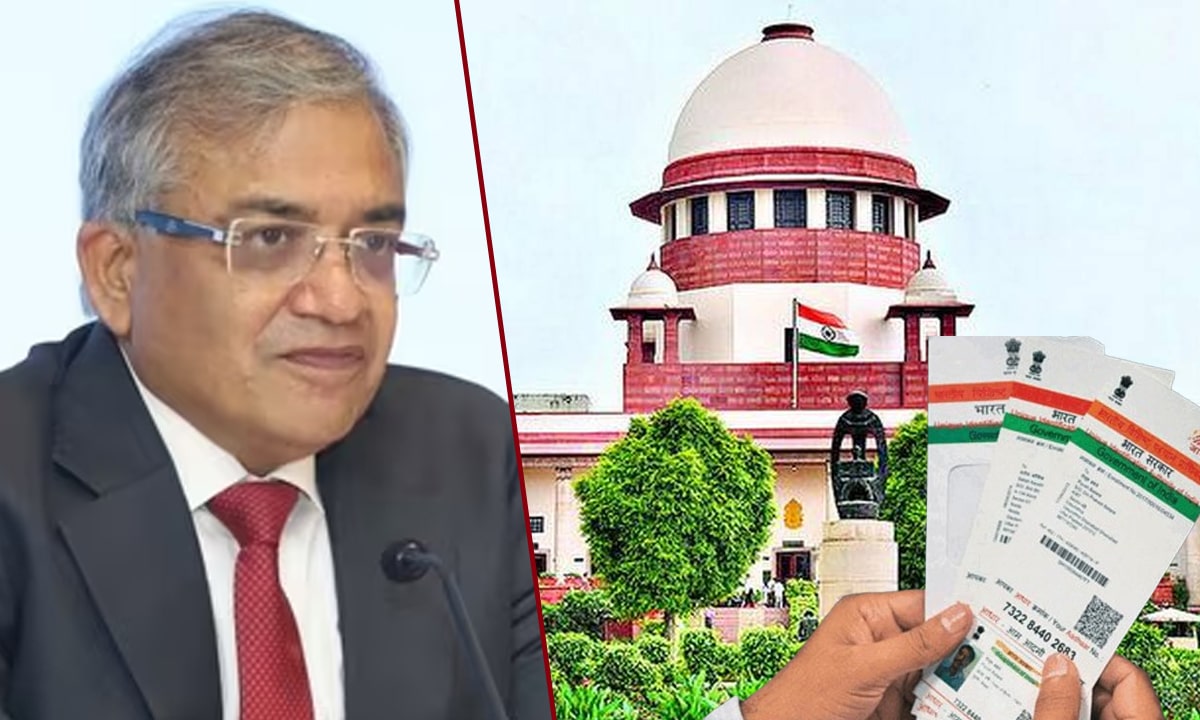A significant development regarding the country’s electoral process has come to the forefront. The Election Commission of India (ECI) has informed the Supreme Court that during the ongoing revision of the voter list in Bihar, Aadhaar will be used strictly for identity verification and not as proof of citizenship.
The Commission stated that, in accordance with the Supreme Court’s order dated September 8, it has already been made clear that Aadhaar does not serve as evidence of citizenship, domicile, or date of birth. Instead, it is merely a tool for establishing identity, as outlined in Section 23(4) of the Representation of the People Act, 1950.
Also Read: ‘BRS Survives Only on Social Media’ Kavitha Launches Scathing Attack on KTR and Harish Rao
In its report, the ECI added that on September 9, 2025, the Chief Electoral Officer of Bihar was formally instructed that Aadhaar may only be used to confirm a voter’s identity while adding or deleting names from the electoral roll.
This clarification follows a petition filed by advocate Ashwini Kumar Upadhyay, who requested that Aadhaar be used solely for identity authentication in voter verification. The Commission further noted that the UIDAI had, in its official memorandum issued in August 2023, categorically stated that Aadhaar is not proof of citizenship, residence, or birth. The Bombay High Court, citing the same UIDAI note, upheld this position in an earlier judgment.
The Supreme Court, which issued a notice in the matter on October 7, reaffirmed that Aadhaar cannot be treated as proof of citizenship or domicile.
Experts believe this clarification is a crucial step toward ensuring transparency and accuracy in the electoral process, and it will help prevent confusion or misuse during voter list verification.
